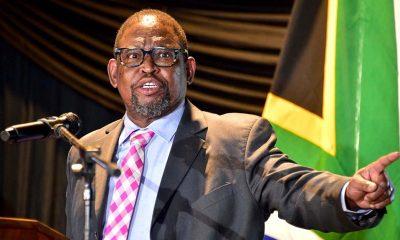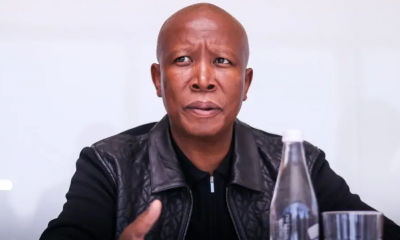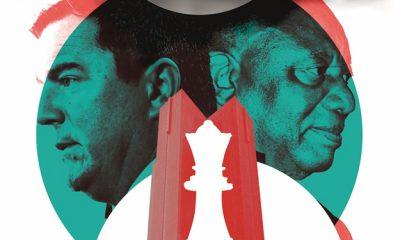411
Budget Shifts Threaten Cancer Care in South Africa as Focus Moves from Non-Communicable Diseases

The 2025/26 Budget Vote may have increased the overall health allocation—from R277 billion in 2024/25 to R329 billion by 2027/28—but the shifting of funds away from non-communicable diseases like blood cancer could have devastating effects, especially for those reliant on public healthcare.
“Nearly 80% of South Africans depend on a healthcare system already stretched to its limits,” said Palesa Mokomele, Head of Community Engagement and Communications at DKMS Africa, an international non-profit focused on blood cancer.
Mokomele highlighted that even before these changes, the system was severely under-resourced when it came to cancer screening, diagnosis, and treatment. Now, with more emphasis placed on communicable diseases like HIV and tuberculosis, many fear blood cancer patients will fall through the cracks.
A Crisis in Numbers
Each year, over 4,000 South Africans die from blood cancer. Yet access to life-saving stem cell transplants remains alarmingly low.
-
Only 139 out of 600 required adult transplants are performed annually.
-
For children, that number drops to just 18 out of 250 needed.
-
A successful transplant has a 50–61% survival rate, but many public hospitals lack the facilities to perform them.
“Most patients are left with basic medical management, which may not be enough to save their lives,” Mokomele said.
The Hidden Costs of Care
While the government covers the core cost of transplants, many patients are burdened with additional expenses, including donor searches, tissue typing, and stem cell procurement. These aren’t covered by the state and can be financially crippling.
“One in five households delays seeking medical care simply because they can’t afford it,” Mokomele noted.
For those who do undergo treatment, the recovery phase presents another set of challenges. Immunocompromised patients often face overcrowded hospitals, poor sanitation, and long travel distances, which can jeopardise post-transplant survival.
Socio-Economic Roadblocks
Many South Africans must choose between their health and their income. Mokomele shared stories of single parents forced to skip treatment to care for children or breadwinners risking their jobs just to attend a clinic appointment.
“These are not just health issues—they’re human rights issues,” she stressed.
Call to Action
Despite the Finance Minister’s claim that the budget increase will meet the public sector’s needs, the proposed 0.5% VAT hike may counteract the benefits, particularly for low-income households.
Opposition parties, including the DA, EFF, and MK Party, have fiercely criticized the budget’s priorities. Meanwhile, the World Bank reports that 60% of South Africans live below the poverty line, meaning even small tax increases can have a significant impact on healthcare access.
“No patient should be denied life-saving treatment due to funding constraints,” Mokomele urged. “We need partnerships between the state, private sector, and civil society to close these gaps.”
As the dust settles on the budget debate, one thing remains clear: without a more balanced, inclusive approach to healthcare funding, the cost will be measured in lives.
{Source IOL}
Follow Joburg ETC on Facebook, Twitter , TikTok and Instagram
For more News in Johannesburg, visit joburgetc.com



























